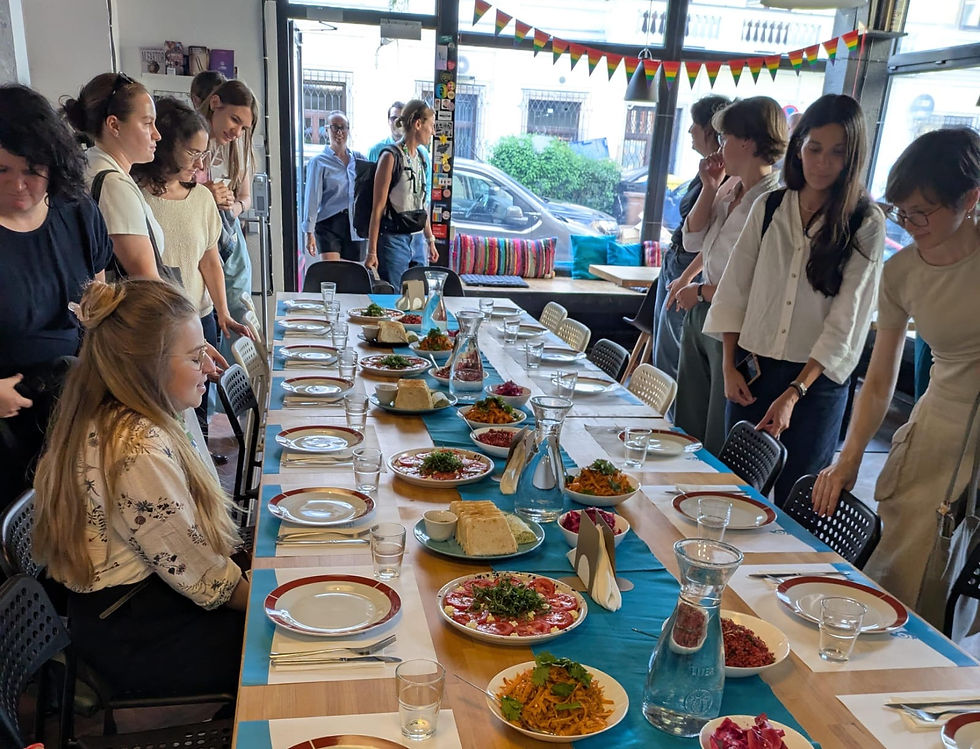Article: Mini-States and Sovereignty
- Zachary Mazur

- Jul 2, 2023
- 1 min read
I'm happy to announce my latest academic publication that has enjoyed a wide reception already. The piece is entitled "Mini-States and Micro-Sovereignty: Local Democracies in East Central Europe, 1918–1923" and it's available open-access with Contemporary European History.
The article is the result of my dissertation research, but this particular angle did not fit quite well into that work. Over the intervening years, I also had the opportunity to rethink some things and reformulate my beliefs on the nature of sovereignty. For that, I think it's a good starting point to some important discussions over modern statehood.
Here is the abstract:
As recent scholarship has shown, most of East Central Europe remained at war for several years after the official armistice in November 1918, complicating the transition from empires into nation-states. This article addresses another aspect of the state-building process. As opposed to centralising power emanating from capitals such as Prague, Warsaw and Budapest, I argue that local politicians and village leaders made their own territorial and sovereignty claims. Rather than whole nations, it was small communities that first defined self-determination. Here I present a loose typology of such localities (ethno-linguistic republics, non-Bolshevik workers’ councils, and radical agrarians), and show that conflicts between mini-states and burgeoning nation-states shaped the development of the latter.
https://www.cambridge.org/core/journals/contemporary-european-history/article/ministates-and-microsovereignty-local-democracies-in-east-central-europe-19181923/68ECB1DC9F610696C966B63C9CE2B736

Comments